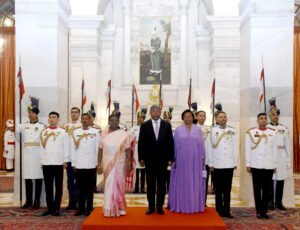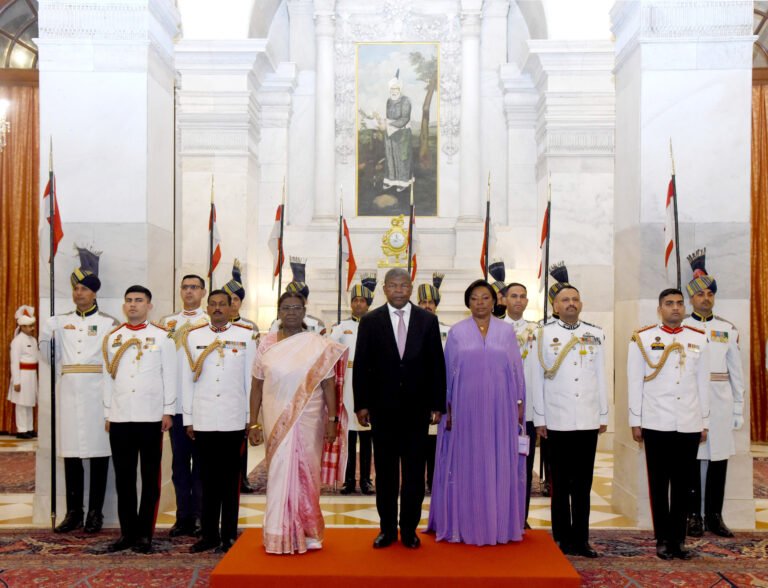Last weekend, Canada voted against the grain on a number of United Nations General Assembly resolutions regarding Israel, Gaza and the West Bank(opens in a new tab).
In its opposition on Nov. 9 to five out of nine resolutions passed that day by two General Assembly committees, the Canadian delegation was in the minority of UN members, along with the United States and Israel, and sometimes countries including Australia, the Marshall Islands, the Federated States of Micronesia, Nauru.
According to former Canadian diplomat Jon Allen, the factors behind these decisions include trends set in motion by previous prime ministers, the influence of powerful lobbyists, Canada’s tendency to follow the United States’ lead, and a sense of imbalance among the UN General Assembly’s resolutions.
Allen is a professor of global affairs and public policy at the University of Toronto, former Canadian ambassador to Israel, Spain and Andorra, and chair of Project Rozana Canada, a not-for-profit with the objective is to build bridges between Palestinians and Israelis via the health sector.
“Under various governments up until the end of (Jean) Chretien, there was more balance in the resolutions,” Allen told CTVNews.ca in an interview on Wednesday. “We supported some. We didn’t support the others.”
In the years since then, however, the needle has moved.
THE VOTES
Canada voted against a resolution(opens in a new tab) to have the UN General Assembly request the Secretary-General “take all appropriate steps” to protect Arab properties, assets and property rights in Israel.
It voted against a resolution(opens in a new tab) to “condemn settlement activities in the Occupied Palestinian Territory,” and in the occupied Syrian Golan Heights, and condemn any activities involving the confiscation of land, the disruption of the livelihood of protected people, the forced transfer of civilians and the annexation of land, “whether de facto or through national legislation.”
Canada was among four countries to vote against a resolution(opens in a new tab) that would have the UN General Assembly express concern about the critical financial situation of UNRWA and “attempts to discredit the Agency despite its proven operational capacity and consistent implementation of its mandate.” The resolution would also call on Israel to ensure the safety of the UNRWA personnel and the protection of its institutions.
The Canadian delegation also voted against a resolution(opens in a new tab) that would “recognize the right of the Palestinian people to claim restitution as a result of any exploitation, damage, loss or depletion or endangerment of their natural resources resulting from illegal measures taken by Israel, the occupying Power.”
Finally, Canada voted against a resolution that would reiterate the committee’s concern(opens in a new tab) about an oil slick on the Lebanese shores created when the Israeli Air Force destroyed oil storage tanks in the direct vicinity of the Lebanese Jiyah electric power plant in 2014, causing Lebanon US$856.4 million in damage.
In the days since the two committee sessions, Canada’s position on resolutions concerning Israel has fallen under increased scrutiny and has drawn criticism by human rights organization Amnesty International.
In a statement to CTVNews.ca on Friday, Ketty Nivyabandi, secretary general of Amnesty International Canada, said she believes Canada’s voting record “reveals a concerning misalignment with global consensus” on the rights of people in the occupied Palestinian territories.
“At this pivotal moment, Canada must prioritize international law over bilateral interests to ensure that everyone’s human rights are upheld and respected impartially.”

























+ There are no comments
Add yours